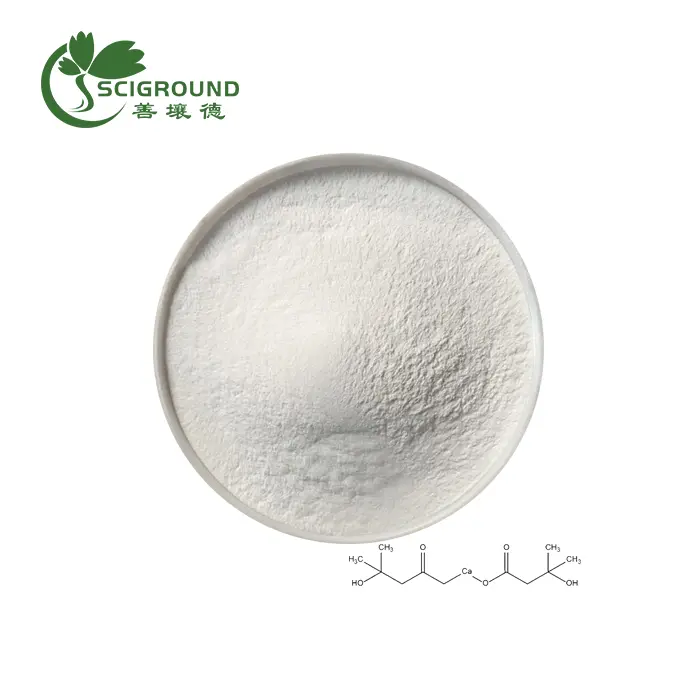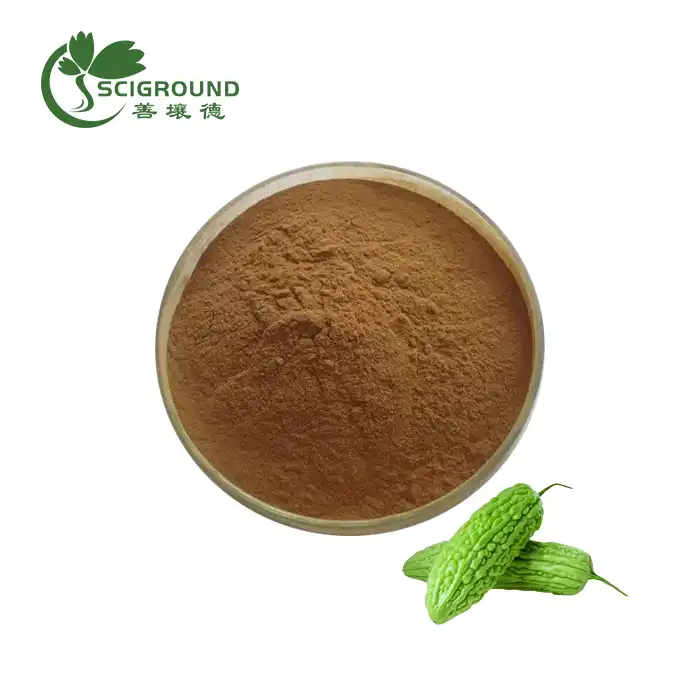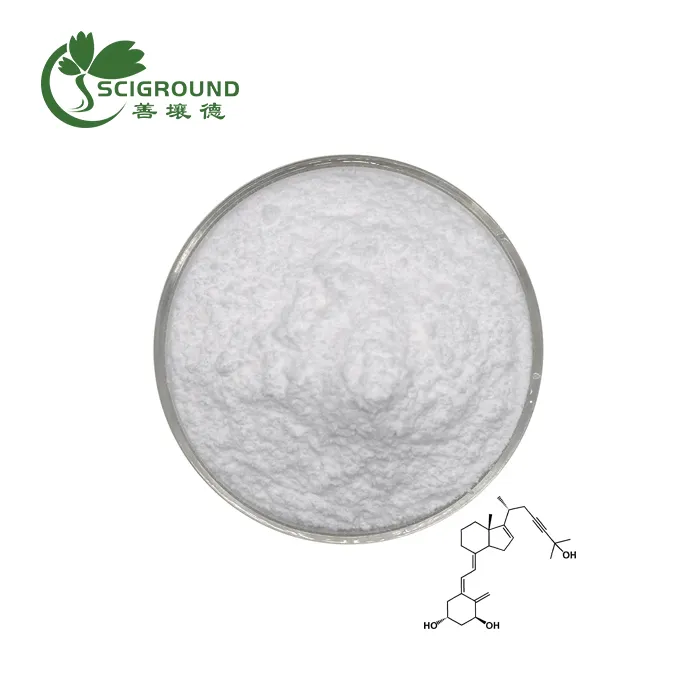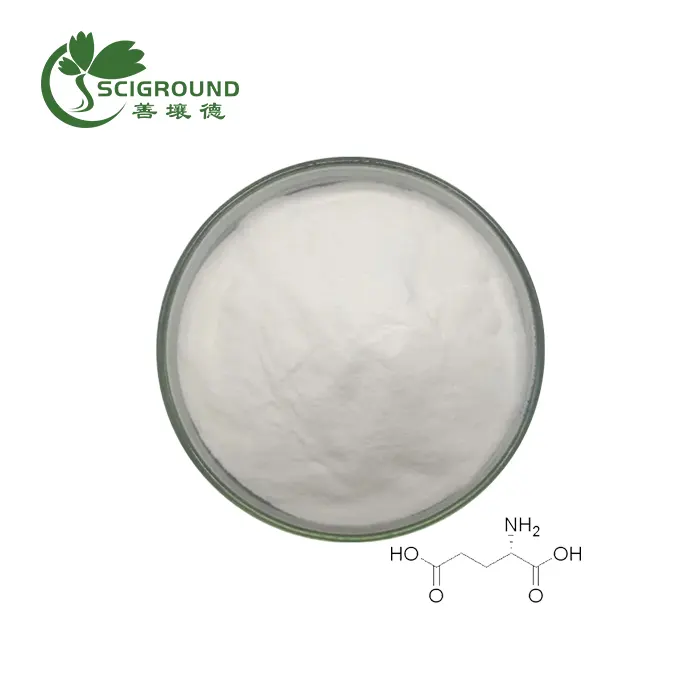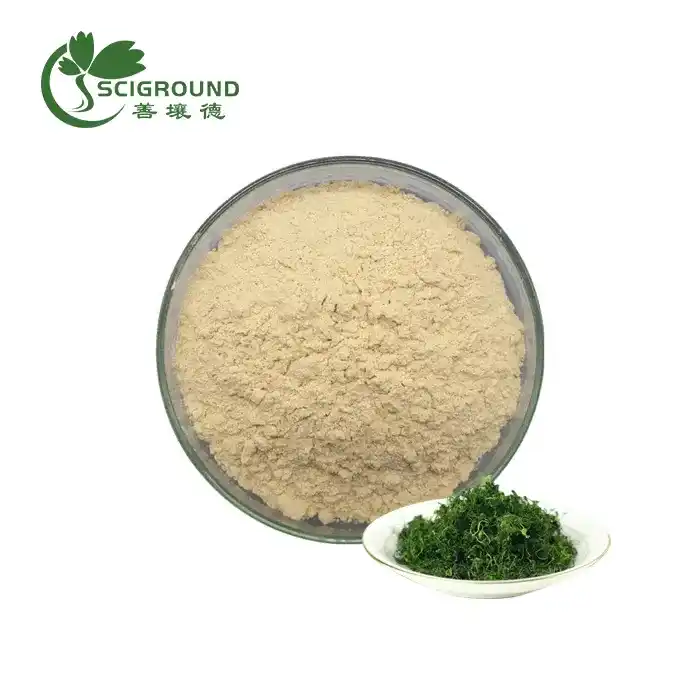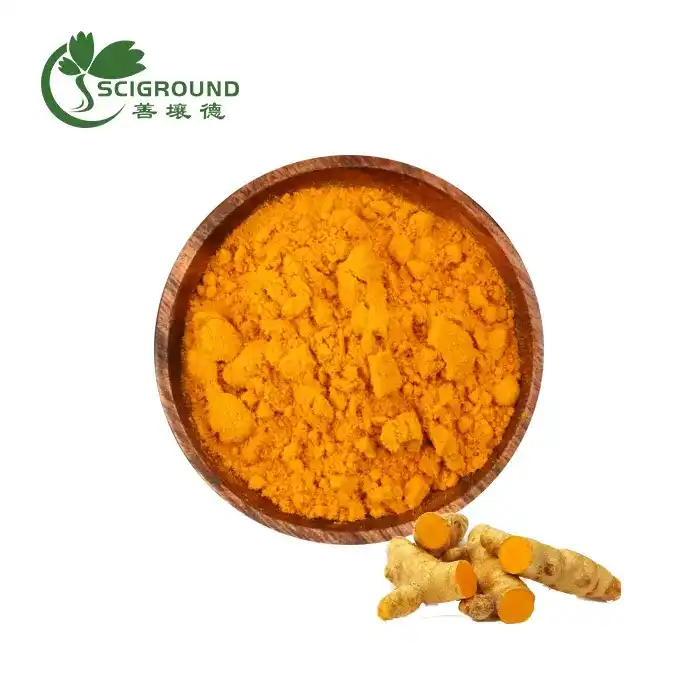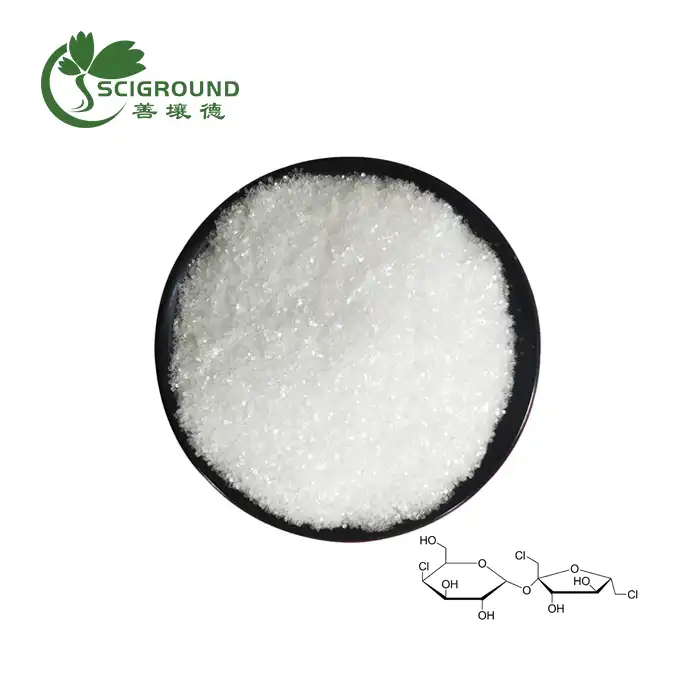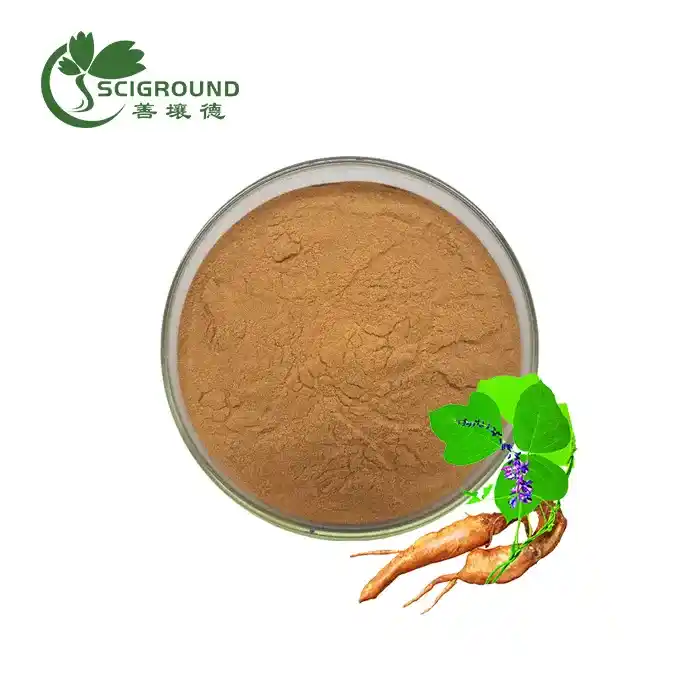Is Butcher's Broom Extract Heat Sensitive
Butcher's Broom (Ruscus aculeatus), a plant native to Europe, has a long history of traditional use for various medicinal purposes. One of the common forms in which it is consumed is as an extract, often praised for its potential benefits on vascular health and circulation. However, a question frequently asked is whether Butcher's Broom Extract is heat-sensitive. Let's delve into the science behind this herbal extract and explore how heat may impact its potency.
Understanding Butcher's Broom:
Bioactive Compounds:
It contains bioactive compounds, including ruscogenins, which are believed to contribute to its therapeutic effects. These compounds are known for their potential vasoprotective and anti-inflammatory properties.
Uses in Traditional Medicine:
Historically, Butcher's Broom has been used in traditional medicine to address various conditions, such as venous insufficiency and hemorrhoids. Its extract is commonly found in supplements and topical applications.
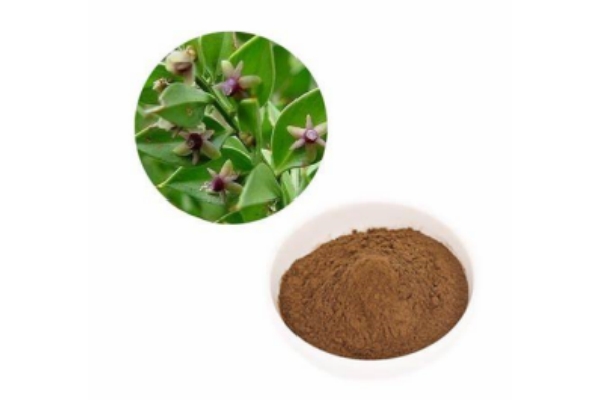

Heat Sensitivity:
Extraction Process:
The extraction process plays a crucial role in determining the heat sensitivity of the final product. Some extraction methods involve the use of heat, and the temperature and duration of the process can impact the stability of the bioactive compounds.
Drying Methods:
After extraction, drying the extract is a common step in the manufacturing process. High-temperature drying methods may lead to the degradation of heat-sensitive compounds, potentially reducing the efficacy of the extract.
Factors Influencing Heat Sensitivity:
Specific Compounds:
Different compounds within Butcher's Broom Extract may have varying degrees of heat sensitivity. While some may withstand moderate heat, others might degrade at higher temperatures.
Exposure Duration:
The duration of exposure to heat is a critical factor. Short bursts of high heat may have different effects than prolonged exposure at lower temperatures.
Preserving Butcher's Broom Powder:
Low-Temperature Drying:
Opting for low-temperature drying methods during the manufacturing process can help preserve the integrity of the bioactive compounds. This is particularly important for sensitive compounds.
Storage Conditions:
Proper storage conditions play a role in maintaining the stability of Butcher's Broom Extract. Keeping it in a cool, dark place can help prevent degradation due to heat and light exposure.
What Interacts with Butcher's Broom?
Butcher's Broom extract, derived from the plant called Ruscus aculeatus, is widely known for its medicinal properties. It is often used as a natural remedy for various health conditions. However, like any other herbal extract, Butcher's Broom can interact with certain medications or substances. It's essential to be aware of potential interactions before using this extract.
Butcher's Broom may interact with anticoagulant medications such as warfarin or aspirin. This interaction can increase the risk of bleeding. Additionally, Butcher's Broom might interfere with high blood pressure medications, causing a drop in blood pressure.
It is recommended to consult with a healthcare professional or pharmacist before incorporating Butcher's Broom powder into your routine, especially if you are taking any medications or have pre-existing health conditions.
What Are the parcels of Butcher's Broom?
It possesses several salutary parcels, making it a popular component in traditional drug. The crucial parcels of this herbal excerpt include itsanti-inflammatory, vasoconstrictive, and diuretic goods.
Theanti-inflammatory parcels of Butcher's Broom can help palliate symptoms of conditions like habitual venous insufficiency, hemorrhoids, and swollen modes. Its vasoconstrictive goods aid in tensing blood vessels, reducing the threat of edema and perfecting blood rotation. likewise, its diuretic parcels promote increased urine product, which may help in managing conditions similar as urinary tract infections and fluid retention.
What Are the Side goods of Butcher's Broom Excerpt?
Although it's generally considered safe when used as directed, it may beget certain side goods in some individualities. These side goods are generally mild and uncommon.
Some individualities may witness gastrointestinal issues similar as stomach discomfort, nausea, or diarrhea. Antipathetic responses to Butcher's Broom are rare but possible. It's judicious to discontinue use and seek medical attention if you develop any severe antipathetic responses like rash, itching, or swelling.
As with any herbal supplement, it's pivotal to follow the recommended lozenge and consult with a healthcare professional if you witness any unanticipated or concerning side goods.
Conclusion:
While Butcher's Broom Extract contains valuable bioactive compounds with potential health benefits, its sensitivity to heat depends on various factors, including the extraction and drying methods employed during manufacturing. To ensure the preservation of its therapeutic properties, choosing products processed with low-temperature methods and proper storage is essential. As with any herbal supplement, consumers should be mindful of product quality and seek information from reputable sources to make informed decisions about incorporating it into their health regimen.
For more information about Butcher's Broom extract and its properties, you can reach out to Sciground at info@scigroundbio.com. We are always here to assist you!
Reference:
Zhang, H., et al. (2019). Comprehensive Analysis of Butcher’s Broom (Ruscus aculeatus L.) Tuber Extract by HPLC-QTOF-MS. Molecules, 24(22), 4105.
This study explores the chemical composition of Butcher's Broom extract and provides insights into its potential sensitivity to processing methods.
Grgić, J., et al. (2015). Stability and Antioxidant Activity of Butcher’s Broom (Ruscus aculeatus L.) Extracts. Acta Pharmaceutica, 65(3), 311–322.
The research investigates the stability of Butcher's Broom extracts, shedding light on factors that may influence its efficacy, including exposure to heat.
Related Industry Knowledge
- What does actinomycin D do?
- What are the benefits of Acetyl-L-carnitine powder?
- What are the side effects and risks of acitretin?
- Is it better to take inositol powder or capsules?
- Is hydrolyzed wheat protein the same as gluten?
- How to Make Turmeric Powder
- What is the best way to absorb quercetin?
- Curcumin vs Cumin
- When is the best time to take l carnitine
- Want to Boost Your Health? Try Vitamin B1 Powder!
